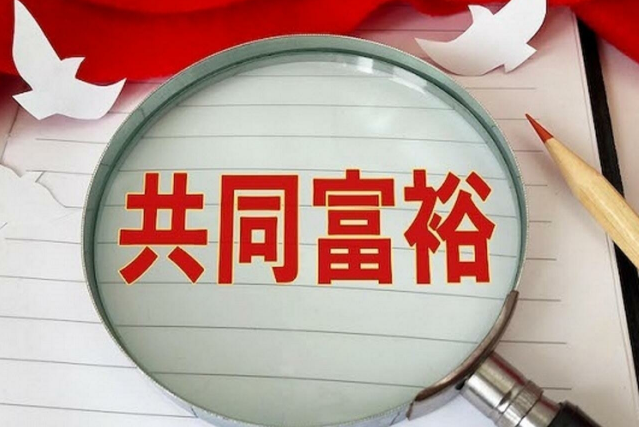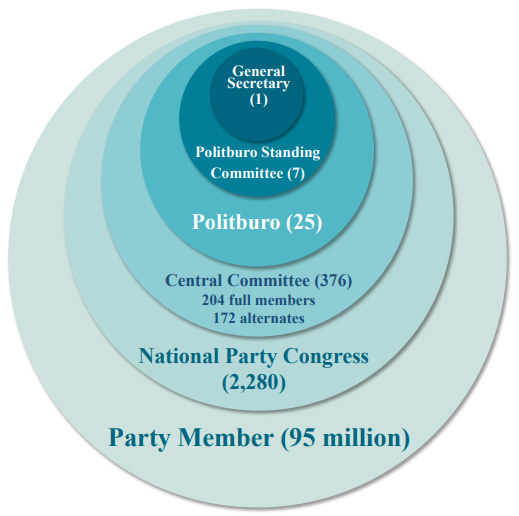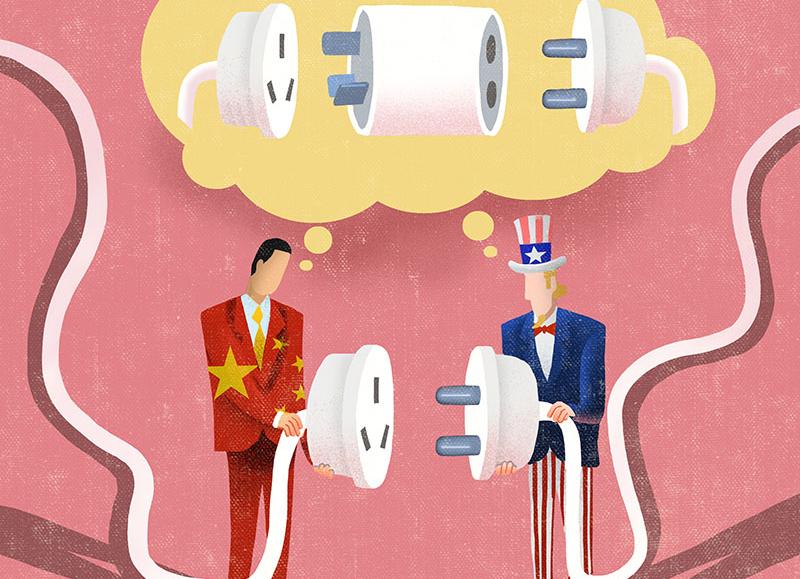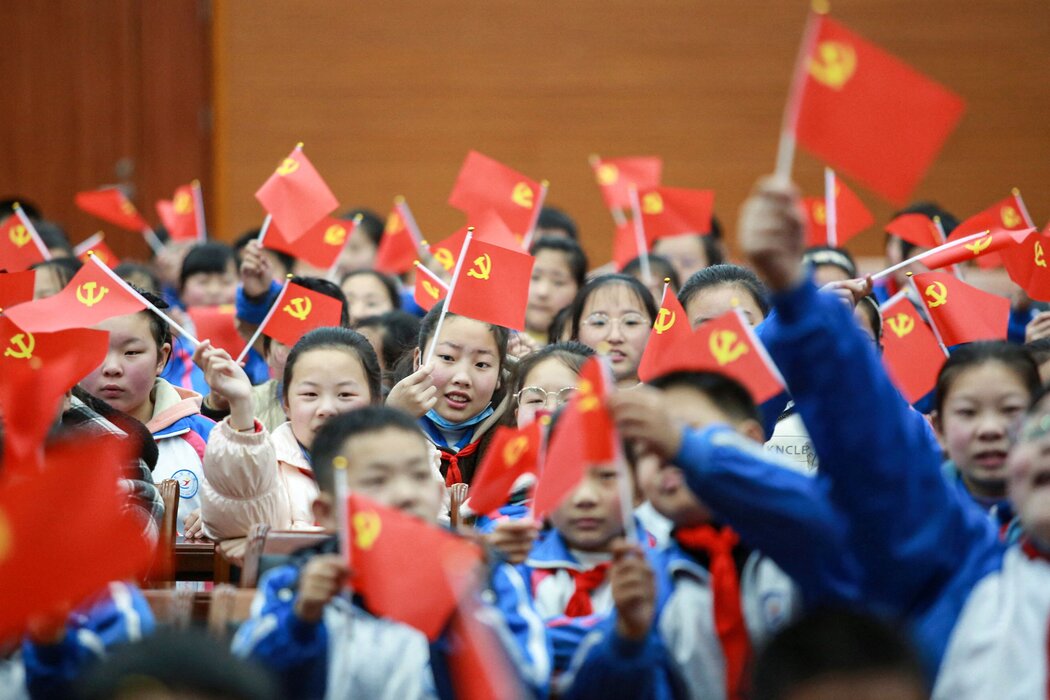
Li Zheng, Assistant Research Processor, China Institutes of Contemporary International Relations
Feb 16, 2022
China has taken a path toward common prosperity that is different from that of the United States. It hopes to explore a Chinese solution characterized by modest, sustainable lifestyles that avoiding the overconsumption of the West. The race has just begun.

Cheng Li, Director, John L. Thornton China Center, The Brookings Institution
Feb 13, 2022
This fall, the CCP will convene the highly-anticipated 20th Party congress, setting the stage for significant leadership turnover. Li predicts that, while Xi Jinping will surely remain Party chief, as many as two-thirds of the Central Committee, half of the Politburo, and more than half of the Politburo Standing Committee will be newcomers.
Wang Yuzhu, Research Fellow, Institute for World Economy Studies, SIIS
Oct 18, 2021
The historical promise from the CPC to the Chinese people has been kept. The concept of common prosperity also has significant developmental implications in rebalancing the world economy. It does not mean killing the rich to help the poor.
Zhang Jun, Dean, School of Economics, Fudan University
Oct 11, 2021
Over the last 20 years, a number of thriving technology companies have emerged in China. This has invited much speculation about the country’s scientific and technological prowess, and about its ability to innovate. Some argue that China is already nipping at America’s heels in these domains, and has become a world leader in some sectors. Others believe that China is not quite as far along as it may appear, and the government’s regulatory clampdown on tech companies will impede its continued progress. Which is it?

Bunthorn Sok, Lecturer of International Studies at RUPP and Economic Diplomacy at ERA/RSA, Cambodia
Sep 07, 2021
In 2018, US President Donald Trump declared that the US had erred in backing China’s accession into the World Trade Organization in 2001. He was convicted that such political establishment had been lulled by China’s still juvenile economic situation in the late 1980s, and that American politicians failed to grasp that supporting China’s candidacy would create a political and economic risk to the US’ global hegemony.

Wang Yuzhu, Research Fellow, Institute for World Economy Studies, SIIS
Aug 27, 2021
Correctly understanding each other’s policies will avoid sinking into an infinite negative loop. Speculation about China-U.S. financial decoupling has returned. But politicization of financial matters will only do further damage to the already deteriorating bilateral relationship.
Christopher A. McNally, Professor of Political Economy, Chaminade University
Aug 11, 2021
There is a global shift towards a new economic philosophy, which both Washington and Beijing are grappling with. Open understanding of both economies could help the two countries establish the foundation for cooperation.
An Gang, Adjunct Fellow, Center for International Security and Strategy, Tsinghua University
Jul 21, 2021
China has had major success in dealing with the COVID-19 crisis, which the U.S. and other Western countries are reluctant to admit. It must now remain levelheaded and modest, sustain its victory and keep the elbow room it has obtained in diplomacy and public opinion.

Ma Shikun, Senior Journalist, the People’s Daily
May 28, 2021
Far more Chinese people than Americans express approval of their system and leadership, and they have good reason. Steady growth, good management, history and widened educational opportunity anchor their trust. Globally, Chinese are among the most optimistic about their government, especially younger people.
Wang Yiwei, Jean Monnet Chair Professor, Renmin University of China
Mar 24, 2021
The problems the United States has with China boil down to several basic misunderstandings, starting with the fact that Marxism in China bears little resemblance to outdated Soviet ideology. The CPC should be understood from the perspective of human civilizations and, especially, Chinese civilization.